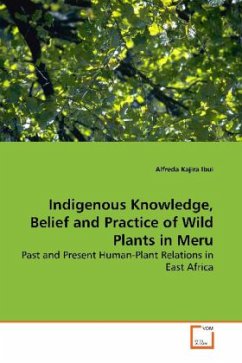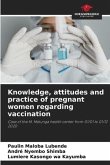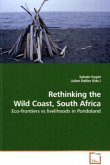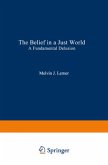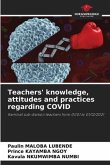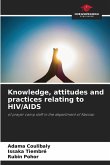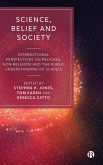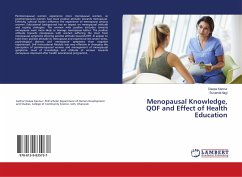Since the great scientific theories of the
nineteenth-century evolutionist Charles Darwin, the
pioneering work of Kenyan anthropologists have
confirmed Kenya as a major part of East Africa that
is indeed the Cradle of Humankind, where the unique
fossil remains of our earliest ancestors and their
artefacts have been discovered. Although only a
relatively very few have yet been unearthed during
the past few decades, in their contexts these fossils
have enabled us to interpret their significance and
further reconstruct human evolution within its
ecological context. Evidence from living peoples
interaction with their wild vegetation in Meru, has
revealed hidden insights into the effect of such
environment on human behaviour, resulting to an
increased interest in understanding the underlying
factors that led to the extinction of our species.
People from all walks of life are invited to read
this book and know what these factors are, and their
influence on human behaviour both now and in the
past. Naturalists, researchers, environmentalists,
educators, students, heritage lovers, plant experts,
herbalists and all lovers of vegetation and its use,
are invited to read this book.
nineteenth-century evolutionist Charles Darwin, the
pioneering work of Kenyan anthropologists have
confirmed Kenya as a major part of East Africa that
is indeed the Cradle of Humankind, where the unique
fossil remains of our earliest ancestors and their
artefacts have been discovered. Although only a
relatively very few have yet been unearthed during
the past few decades, in their contexts these fossils
have enabled us to interpret their significance and
further reconstruct human evolution within its
ecological context. Evidence from living peoples
interaction with their wild vegetation in Meru, has
revealed hidden insights into the effect of such
environment on human behaviour, resulting to an
increased interest in understanding the underlying
factors that led to the extinction of our species.
People from all walks of life are invited to read
this book and know what these factors are, and their
influence on human behaviour both now and in the
past. Naturalists, researchers, environmentalists,
educators, students, heritage lovers, plant experts,
herbalists and all lovers of vegetation and its use,
are invited to read this book.

